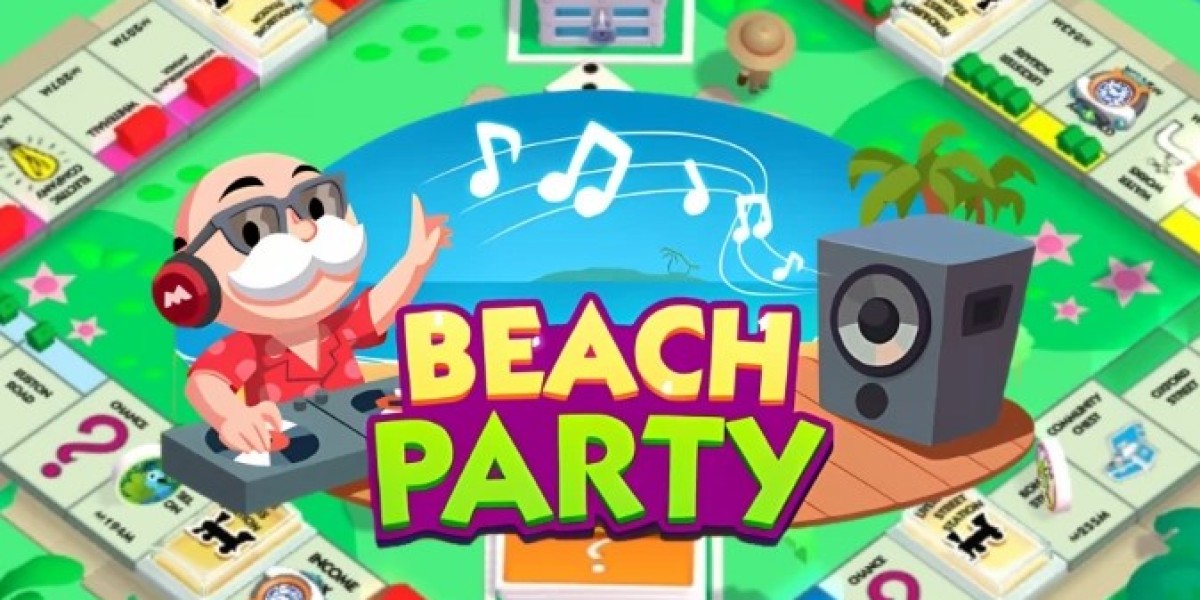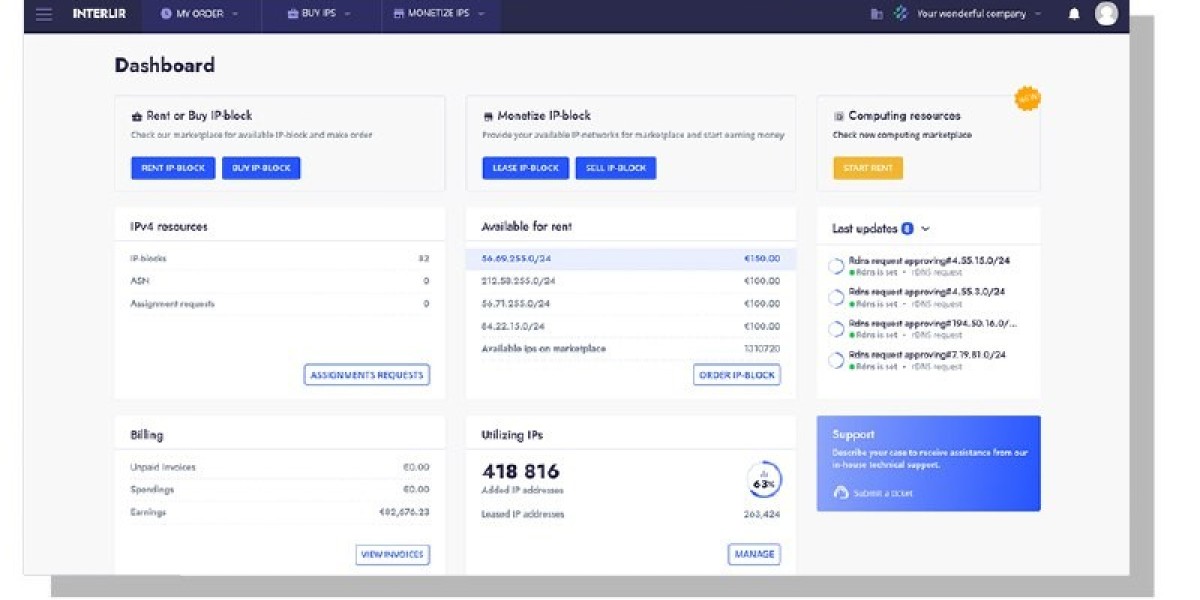In competitive and cooperative games alike, few actions spark stronger emotions than “stealing.” Whether it’s taking resources, blocking progress, or swooping in to claim a prize someone else has been working toward, stealing can dramatically alter both gameplay and the social dynamics between players. In games like Monopoly Go, where dice rolls, property control, and event strategies intertwine, these moments of “theft” aren’t just about points—they’re about relationships.
The Immediate Impact of Stealing
When a player “steals” in-game currency, items, or territory, the reaction from others is rarely neutral. The target may feel betrayed, frustrated, or determined to retaliate. This emotional charge can turn casual gameplay into personal rivalry. Even when stealing is completely within the game’s rules, it carries a social cost—sometimes subtle, sometimes dramatic.
The Strategic Value of Stealing
From a purely tactical perspective, stealing can be highly effective. Denying an opponent resources can slow their progress while accelerating your own. In Monopoly Go, for example, stealing dice through certain event rewards or blocking key board positions can tip the balance in your favor. The challenge is that every strategic move has a human consequence—especially in multiplayer settings where players communicate during or after the match.
Perception Matters More Than Action
Interestingly, how a steal is perceived often matters more than the steal itself. If your move feels like a calculated response to in-game competition, others might respect it. But if it feels like an unnecessary attack—especially against weaker players—it can harm your reputation. Over time, players may target you not because of your current position, but because of past actions.
Building Alliances and Enemies
Stealing doesn’t always have to burn bridges. In some cases, it can open opportunities for alliances. For example, if you and another player both feel threatened by a third, strategic “steals” against that player can strengthen temporary partnerships. However, alliances built on mutual aggression are fragile—once the shared target is gone, partners often turn on each other.
The Psychological Ripple Effect
One of the most fascinating aspects of stealing in games is how it changes player behavior. Those who have been targeted may start playing more defensively, hoarding resources, or avoiding confrontation. Others might take a more aggressive stance, actively hunting for revenge opportunities. These shifts can reshape the entire flow of the game, turning what started as lighthearted fun into a tense psychological standoff.
Managing the Social Fallout
If you’re the one doing the stealing, the key to keeping relationships intact is balance. Here are a few tips:
Avoid Repeatedly Targeting the Same Player – Spread out your actions so no one feels singled out.
Use Humor to Defuse Tension – A lighthearted comment can soften the blow of a calculated move.
Be Strategic, Not Spiteful – Make sure your actions serve a clear game purpose, not just personal satisfaction.
Stealing as a Social Tool
Ultimately, stealing in games is a double-edged sword. It can help you win, but it can also change how others see you—and how they play against you. For players who enjoy the social side of games, this can be an opportunity to create memorable interactions, spark rivalries, and keep the game lively. For others, it’s a risk that can isolate them from cooperative opportunities.
In Monopoly Go, mastering the balance between competitive advantage and relationship management is just as important as rolling the right numbers. Every move you make on the board has both a strategic and social impact. The best players understand how to use both to their advantage.
For a steady supply of resources to fuel your next big play, visit mmowow gold to monopoly go dice.







